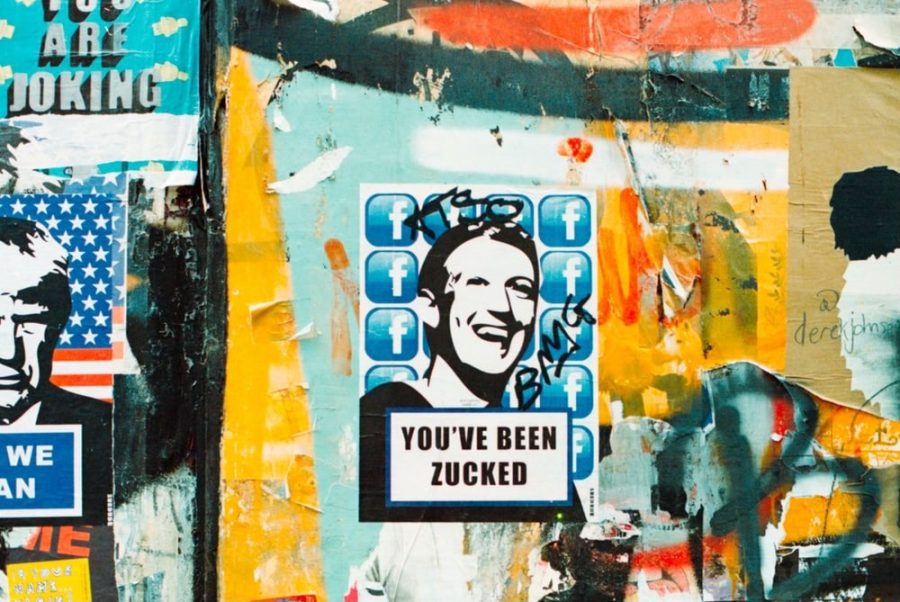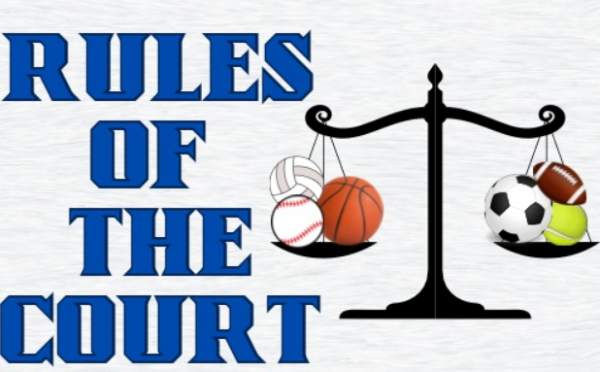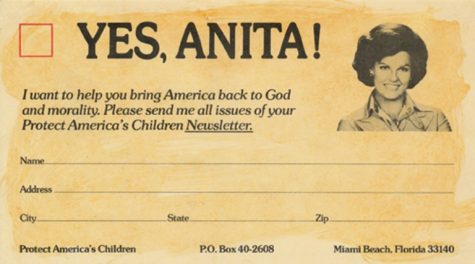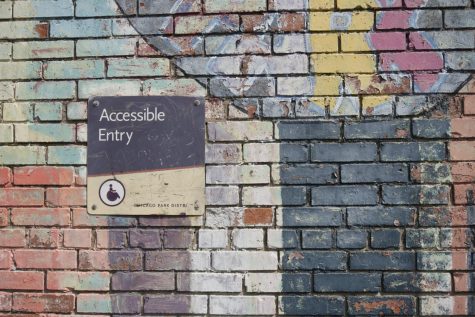What Are We Using Facebook For?
Mark Zuckerberg meme stickers on top of street art. | Photo Credit: Photo by Jeremy Bishop on Unsplash
Facebook has become one of the most divisive places on the internet. This is by design and there is a lot of evidence to support the claims that the company often puts their bottom line before the well-being of their users. The Cambridge Analytica scandal showed the media platform taking the information of some 87 million users to be used to benefit the election efforts of Ted Cruz and Donald Trump. The event resulted in Mark Zuckerberg being called to answer questions in front of Congress where he received a very harsh tongue-lashing and wag of the finger.
In October 2021, a former Facebook employee and whistleblower appeared on 60 Minutes to discuss documents showing that the social media giants are aware that the platform serves as a great place to spread hate and misinformation. If users continue to return – and for longer periods of time – the company continues to generate a high amount of income. They are literally profiting from division while the users are left to duke it out over subjects including police brutality, race relations, the coronavirus vaccine and many more. The advent of the “like” and “share” features has had an unintended consequence that is not easy to quantify.
When someone logs into their Facebook account, they can share photos, text or videos with anyone on their friend list. These lists are curated by each user so it can be assumed that their circle of influence is largely comprised of those who share common beliefs. To quickly share information that may be originally posted on another Facebook account to their own account, the user can hit “share” with no context to the original post, or they can “share” the content while adding text of their own. In recent years, it has become increasingly common for the average Facebook user to encounter information in several types of evolving “meme” formats. These photos with accompanying text most commonly serve an entertainment purpose.
With newspaper subscription numbers low and cable TV becoming increasingly obsolete, many people find their news from Facebook (the number is somewhere around 47%). Facebook is a social media site where we can share connections and common experiences with people who have common interests. It is a great place to post a picture of your pets, favorite places to eat or discuss your favorite TV shows. It has also become a place where you may connect with those who share the same political opinions and causes. While none of these things are inherently bad, the way that we share and absorb information on Facebook has become cause for concern. Information provided in the form of a meme is not held to the same standard as a traditional journalistic article. In addition, each Facebook user chooses their connections and pages to follow – a move that further narrows their worldview.
The problem with some of the ways that thoughts and information enter circulation is the idea that there really isn’t a gold standard. What role should Facebook and similar platforms play in social and political causes? The “like” and “share” features have become a popular way to show blind support to friends. If someone likes or respects a friend, they are more likely to give their posts a more positive react without actively looking into the causes they support. Far too often, it seems as if the material is not even being read. Even worse is when the shared material is read and someone points out inaccuracies and the original poster makes the claim that they were “joking” or “being sarcastic.” With memes and reposts lacking in journalistic standards and integrity, it is easy to disengage from the fallout of sharing something that is not entirely true. While that is not an immediate threat, we must keep in mind that proper tone is rarely transmitted through text. When someone who we do not typically agree with makes an online statement, it is important to educate without being demeaning. Facebook is a community comprised of real people from all over the world, though we maintain many local connections with different ethical beliefs. These truths have recently served as division lines that are nearly impossible to cross without making someone upset on either side of the argument. Maybe Facebook is not the place to have these hard conversations. Perhaps it is the best place to post hi-res images of yesterday’s dinner.








